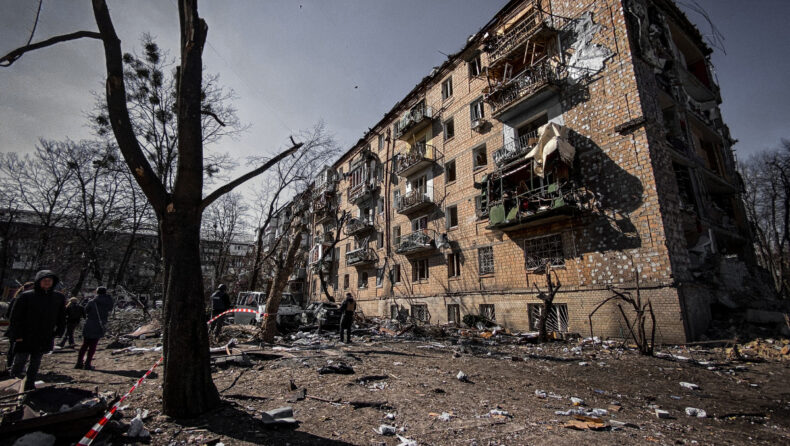An intense conflict emerged between the Sudanese army and the country’s paramilitary Rapid
Support Forces (RSF) on April 15, which has led to hundreds of people killed and thousands
wounded and fleeing from the destabilized state.
The US-Saudi mediators informed on Saturday that both the warring parties have agreed to a
new short-term ceasefire. The week-long ceasefire will begin on May 22. Several such previous
attempts had failed.
Smoke rises after aerial bombardment in Khartoum North, Sudan. (Source: Reuters)
Background to the conflict
The clashes erupted due to a power struggle between the two military factions, which originated
before the 2019 uprising that overthrew the dictatorship of Omar-al-Bashir, with the hope of
establishing a democratic government.
The country’s military, under General Abdel Fattah al-Burhan, and the RSF, under General
Mohamed Hamadan Dagalo, also known as Hemedti, cooperated in the overthrow of Bashir in 2019. When the efforts for transition to civilian rule failed, a face-off between the forces became
inevitable as the two heads were not in agreement regarding the political future of the country.
The major causes of tensions have been the civilian demand for oversight of the military and the
integration of the RSF and the regular military. They have also demanded the handover of
lucrative military holdings in agriculture, trade, and other industrial sectors. The civilians have
also demanded justice over the war crimes of the military and justice over the killings of
pro-democracy protesters in 2019.
A vehicle crossing an empty street earlier this month as firing continues despite a ceasefire extension between the rival military factions. (AP file/ photo)
Current Situation
After a meeting in the Saudi port of Jeddah, the United States and Saudi Arabia released a joint
statement on May 20, stating that the warring factions in Sudan have signed an agreement on a
seven-day humanitarian ceasefire. Representatives of both the Sudanese army and the rapid
support forces have ensured that they will not seek any military advantage before the ceasefire
comes into effect on Monday, 9:45 PM (local time in Sudan).
The US state department has stated that the ceasefire will last for seven days and may be
extended with the consent and agreement of both sides.
Thousands of Sudanese have fled to neighboring countries with foreign nationals being
evacuated by their states since the conflict ensued. The United Nations warned of a humanitarian
“breaking point” due to no signs of easing tensions despite a ceasefire extension.
Martin Griffiths, Under-Secretary-General for Human Affairs and Emergency Relief Coordinator
at the United Nations, expressed concerns about the impact of the war on Sudan and the
extended region. Aid organizations including the UN, had to cut off aid services and evacuate
foreign staff due to ensuing chaos and insecurity.
Previous meetings and talks in Jeddah had resulted in both parties agreeing on protecting
civilians and easing the hindrances on humanitarian assistance for those who are affected by the
conflict situation. However, the previous ceasefires were not observed and had failed due to
accusations of violations by both sides.
Unlike the previous attempts to bring about a truce, this agreement was signed by both the
warring sides and will be supported by a US-Saudi and international-supported ceasefire
monitoring mechanism. The monitoring and coordination committee will consist of three
representatives each from the United States and Saudi Arabia and three representatives each
from both of the conflicting parties.












